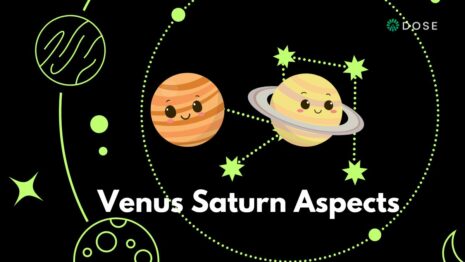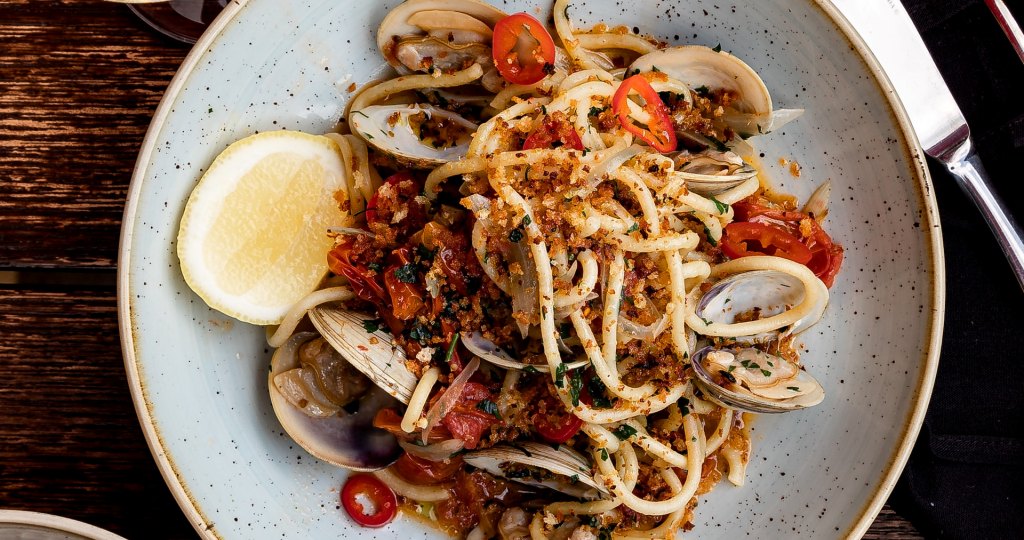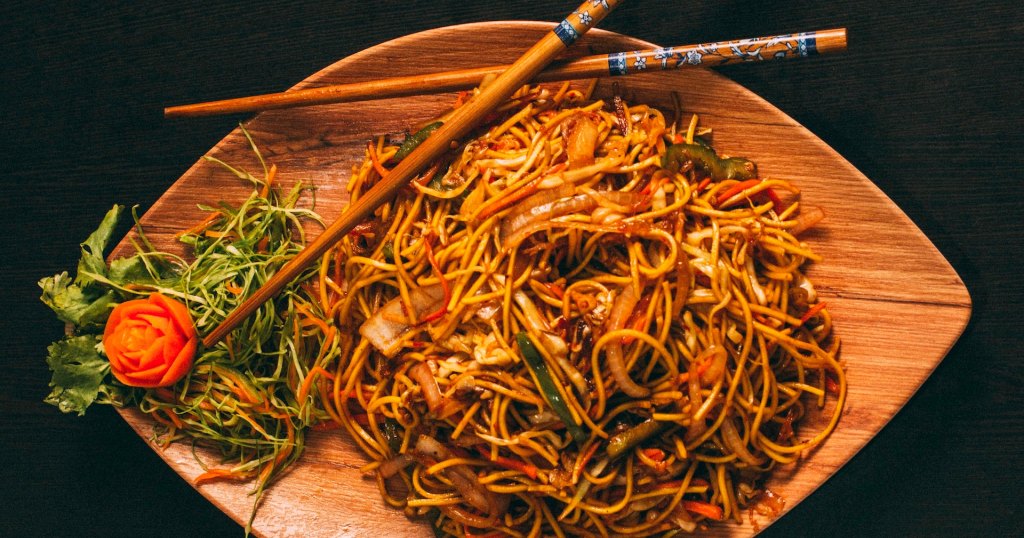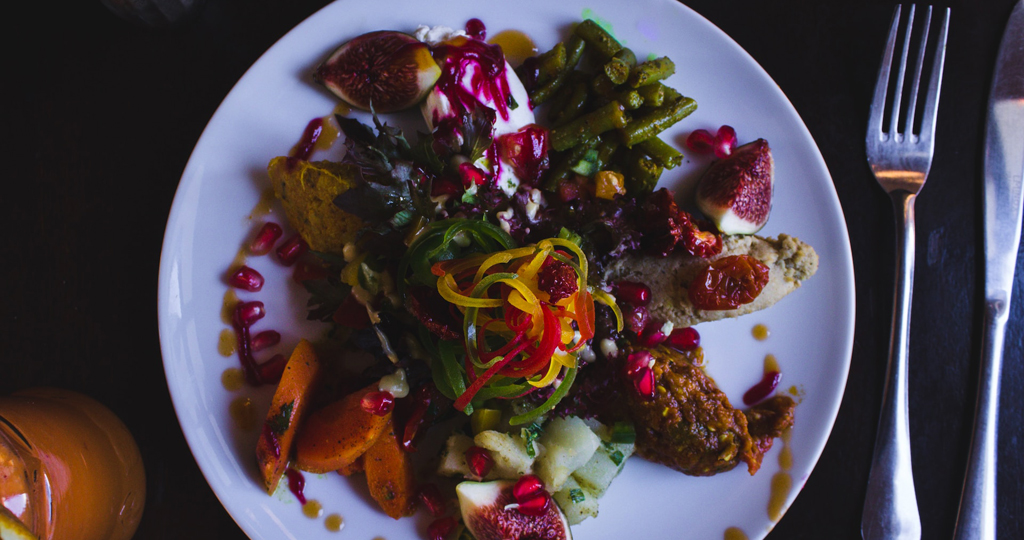Carbs are the devil, right? Wrong. Women everywhere have spent years vilifying carbs as the cause of weight gain but it’s about time we stop being scared of them. Sam reveals how she went from being an ardent carb hater to a carb lover…
I’m embarrassed to admit I was one of those girls who lived and died by the ‘No Carbs before Marbs’ mantra. I waged a full on war against carbs and wouldn’t touch bread, rice or pasta with a barge pole. I convinced myself carbs made you fat and thought if I eliminated the entire food group from my diet I would keep the weight off.
Turns out, I was completely clueless. I guess it worked for a little while but it was unsustainable and honestly turned me a bit insane. This was when I began to start educating myself about nutrition and working alongside a personal trainer, who eventually drilled it into me that I should be eating carbs with every meal. I followed his advice – even though I was terrified I was going to start piling on the pounds – and low and behold I ended up getting leaner than ever.
My new mantra is that ‘carbs are life’ and I can’t believe I spent years depriving myself of their starchy goodness. But don’t just take my word for it, let’s find out what the expert aka nutritionist Rhiannon Lambert has to say…
Why do we need carbs?
Carbohydrates are an important part of a healthy, balanced diet. They provide the largest single source of energy in the diet; in fact, many people are surprised to hear that UK population recommendations stipulate that around 50% of our daily energy should be derived from carbs! The ‘building blocks’ of carbs are glucose molecules, hence carbs are broken down into glucose by the body when we eat them and are used for energy. When not needed, carbs can also be stored as energy for later use, by being turned into fat. Glucose is the essential fuel for our brains and the preferred energy source for our muscles during strenuous exercise. If you’re naturally lean and physically active, a diet rich in carbohydrates is likely to enhance your performance and lifestyle.
Is there such thing as a ‘good’ carb and a ‘bad’ carb?
There are two main types of carbohydrates that provide dietary energy; simple/free sugars (e.g. sweets, jam) and complex/starchy carbohydrates (e.g. rice, potatoes). It is the former that sometimes get labelled ‘bad’ since our body typically digests them so rapidly that we often feel hungry afterwards and some consider these high-GI foods as ‘empty calories’. However, there are times when foods with a high GI come in handy, such as before a workout to give you a boost. Just keep in mind that the energy boost you feel will be short-lived. It’s also important to remember that foods containing or cooked with fat or protein slow the release of carbohydrate, hence lowering their GI.
Starchy/complex carbohydrates such as natural foods like most fruit, vegetables and whole grains, tend to have a low GI. These foods are broken down more slowly and cause a more gradual rise in blood sugar levels. They are a good source of vitamins and fibre, all helping your digestive system to stay healthy.
Ultimately, it is not helpful to label any food as good or bad, since this can often conjure negative feelings regarding certain foods and potentially lead to disordered eating patterns. Food is also meant to be enjoyed and therefore every food has a place in the diet when consumed in moderation!
Do carbs make you gain weight?
Carbohydrates are stored in our muscles as glycogen, alongside water. This might be why some people note feeling ‘heavy’ or ‘bloated’ after eating carbohydrates, mistakenly thinking they have suddenly gained weight after eating them! Significantly reducing the amount of carbs you eat can lead to glycogen depletion and fluid loss, but it is important to understand that this is not the same as fat loss and is not a measure of health.
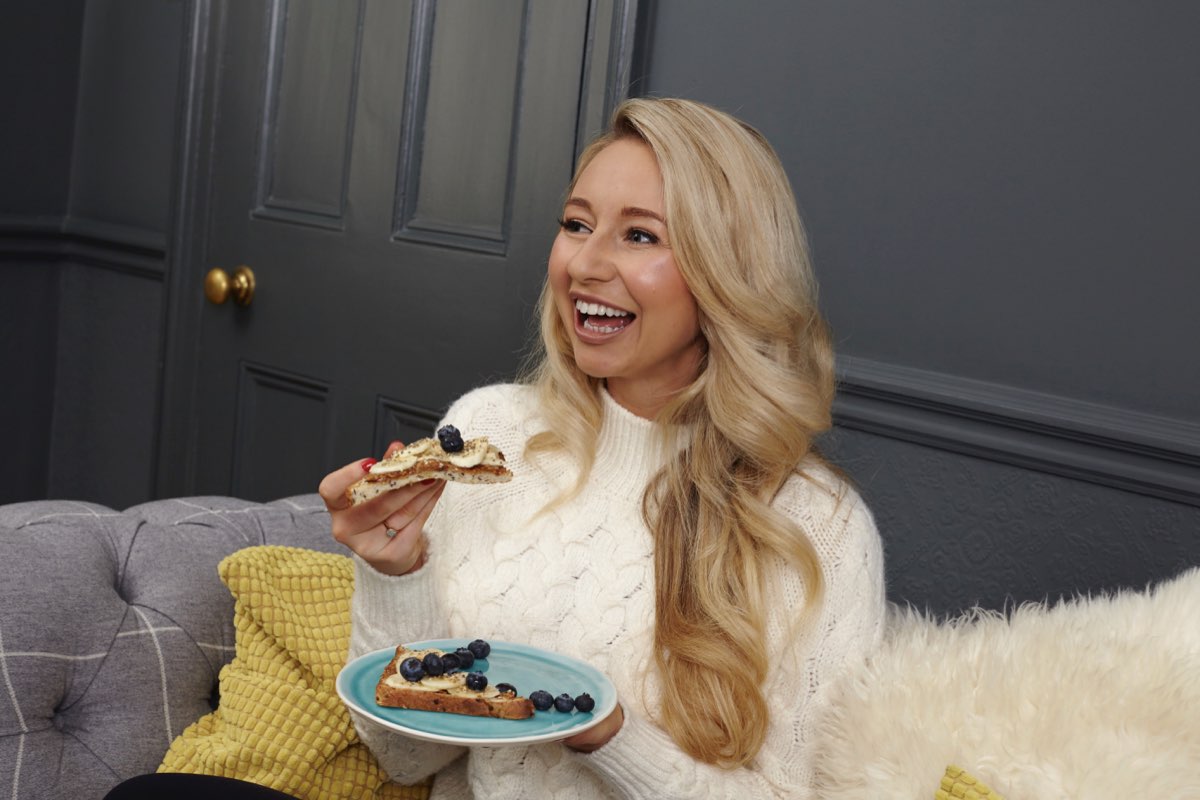
What’s your stance on low-carb diets?
Low carb diets were once promoted as the answer to fast track health and weight loss. The Atkins and so many other diets all avoid bread, potatoes and pasta in favour of loading up on protein sources and high-fat items. These popular diets only heightened the already widespread misconception that carbs make you gain weight. However, the view that all carbs should be cut from someone’s diet is quite simply wrong.
Somebody trialling a low carb diet might initially experience some weight loss, but it’s likely to be fluid loss as opposed to fat loss. Furthermore, we know that diets are not sustainable, with many people unable to maintain such drastic measures and often even putting that weight back on over the long term.
Reducing the amount of carbs in our diet can also affect our gut health and lead to constipation, particularly given starchy carbohydrates typically contain a higher fibre content. Healthy and sustained weight loss is the result of several factors and cutting out a whole food group such as carbs is certainly not the answer since it can often lead to dietary imbalance and unhealthy relationships with food.
An exception here is if you have a health problem like type 2 diabetes, as you are more likely to be insulin resistant. In this case, reducing your portion of carbs can have clear benefits as you won’t be requiring as much insulin. However, if you are generally healthy and are simply looking to optimise your diet and stay healthy, then there is absolutely no reason for you to avoid carbs.
How can we enjoy carbs?
There are many ways to enjoy carbs as part of a balanced and varied diet! At mealtimes, aim to include roughly one handful of carbs if you can, or perhaps slightly less if you’ve been relatively inactive on a given day. It is helpful to choose wholegrain carbohydrates as often as possible, such as brown rice, oats or wholegrain bread.
One idea for a tasty meal containing complex carbohydrates is a slice of toasted Burgen Soya and Liseed bread, topped with a poached egg, a third of an avocado, a handful of mushrooms sauteed in a little olive oil, a handful of cherry tomatoes and some torn basil for extra flavour. Burgen’s Soya and Linseed bread is high in protein, omega 3 and fibre, so it’s a great base for a healthy and balanced meal.
Get your weekly DOSE fix here: SIGN UP FOR OUR NEWSLETTER











